May 21, 2018 | wedding planning
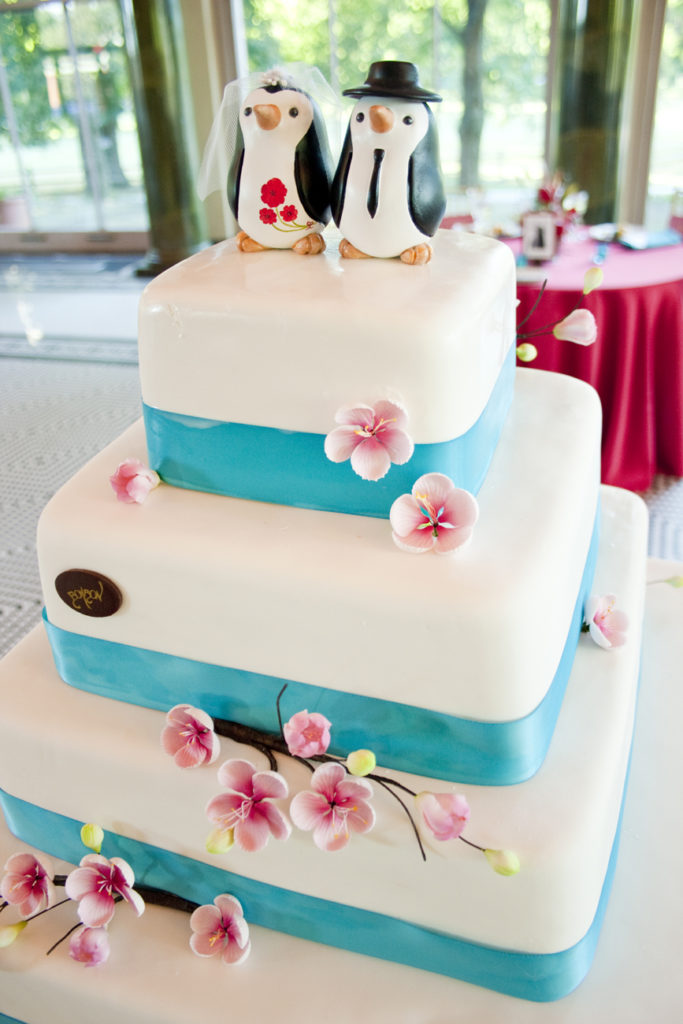
How many other great ideas were ruled out to get to this fun and whimsical design choice? (Photo by hannahelaine photography (hannahelaine.com).)
Just in case you’re at this point in your planning process, here’s my advice on making choices for your wedding:
I wrote before about ways to approach decision-making for your wedding. This topic comes up frequently in my conversations with clients. Frequently, I am hearing things like, “There are so many choices, I don’t know how to make a decision” or “I love Pinterest, but when I spend time on it, it makes it harder for me to know what I want.” I also hear (a lot), “The process of wedding planning is really overwhelming!”
If this is how you feel, you should know that you’re not alone. It’s great to have a lot of choices and wonderful to have access to all sorts of ideas when you’re planning a wedding (or any other event). Being able to see what other people have done successfully is a great resource. Borrowing ideas can spark your own creativity. But once you have amassed all these ideas, what is the next step? I think this is where many people have trouble.
I’m lucky that I’ve spent several decades working with many wonderfully creative people in the live theatre industry. I’ve learned a lot from the various designers and directors and other artists about how the creative design process works. I’m not going to even try to distill it into a brief how-to manual (because I’m pretty sure that’s impossible), but here are a few ideas.
A design board (also called an inspiration board or a vision board) is a way to collect the best visual ideas you have in one place and to see if they will all work together. (There are lots of DIY tips online for how to do this. It’s also one of the things you can do in Pinterest.) What you may discover is that you have a few too many great ideas–which leads directly to my next tip:
You will probably have to discard some of your ideas. You may have to discard a lot of your ideas. The best events (like the best artistic creations) are focused and coherent. Simplicity can be your very best friend.
So, how do you take all those ideas and revise them until you have a focused idea? Try putting your favorites at the top of your design board and put the ones you don’t love quite as much farther down. Keep re-arranging them until you are happy with the order. Now, can you remove any of the ones at the bottom? Because you are now at the point where you will probably have to get rid of some things. And if you can’t quite bring yourself to remove something, that might be a sign that it needs to be a little higher in the priority list. Re-arrange again and try removing some things. Eventually, you should be able to refine your design choices.
Here’s another way to pare down the choices: Pick two colors and two other things you like (a texture, a pattern, a shape, etc., depending on how you have approached your search for materials) and put all the ideas that fit within those parameters on one design board. Then try a different set of choices on a second board–and maybe one more after that. See what you like best. See what works best for you. If you like one set of ideas, you now have a narrower set of choices to work with.
And here’s one more idea: Hire a professional to work with you if you find the entire process too much for you. Wedding planners are very good at narrowing down the field based on your preferences and can help you to focus your search for venues and vendors and to guide your design process. There are a lot of decisions to be made as you plan a large event like a wedding. It helps to have a guide who has done this before.
May 14, 2018 | Accessibility, wedding planning
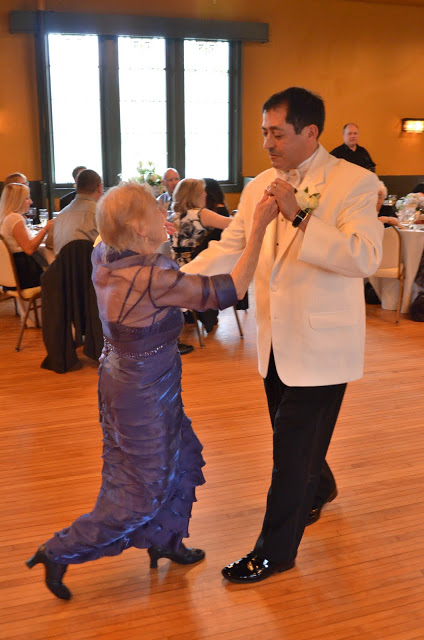
Consider the needs of everyone at your party. (Photo by Peter Coombs.)
I’ve been thinking a lot about accessibility lately: How is the world accessible for some people and not for others? What can we do to make it more accessible for everyone? Even weddings and other happy occasions need some attention to make sure that everyone who is invited can get there and then enjoy themselves.
The most obvious kind of accessibility–the one that comes to everyone’s mind first–is mobility accessibility. Does your venue have flights of stairs it is necessary to navigate in order to get to where the events are? Are there elevators or ramps that allow people with wheels to get there? You might also want to notice if there is a lot of walking involved, since some people can’t walk long distances. Sometimes even the walking surface can be an issue. I worked on a wedding where the matron of honor was able to walk on smooth surfaces without a problem, but she had difficulty crossing a stretch of grass to get to where the ceremony was. These are all things to think about when you are choosing your venue, or deciding what parts of it to use.
Mobility limitations are not the only kinds of disability you can think about when making decisions about your wedding or event. Are there people who don’t tolerate noisy environments well? (Consider both people who have hearing loss and neurodivergent people, for starters.) What can you do to make sure everyone is comfortable with the noise levels? What about lighting levels? People with limited vision might appreciate having enough light to see by.
I’ve noticed a trend toward weddings that don’t have assigned seats for a formal, sit-down dinner. If this is your plan, you’ll probably want to make sure that there are dedicated seats for the people who can’t stand up for long periods of time.
I’m only scratching the surface here thinking about accessibility in weddings and parties. When you consider your guest list, you may think of many other ways you can be considerate to your guests by making your event accessible to them. Perhaps the most important thing you can do is to let your guests know that you want them to tell you if they have specific needs. Even if you can’t solve all their problems, you can do your best to make sure they have a good time.
May 7, 2018 | About me
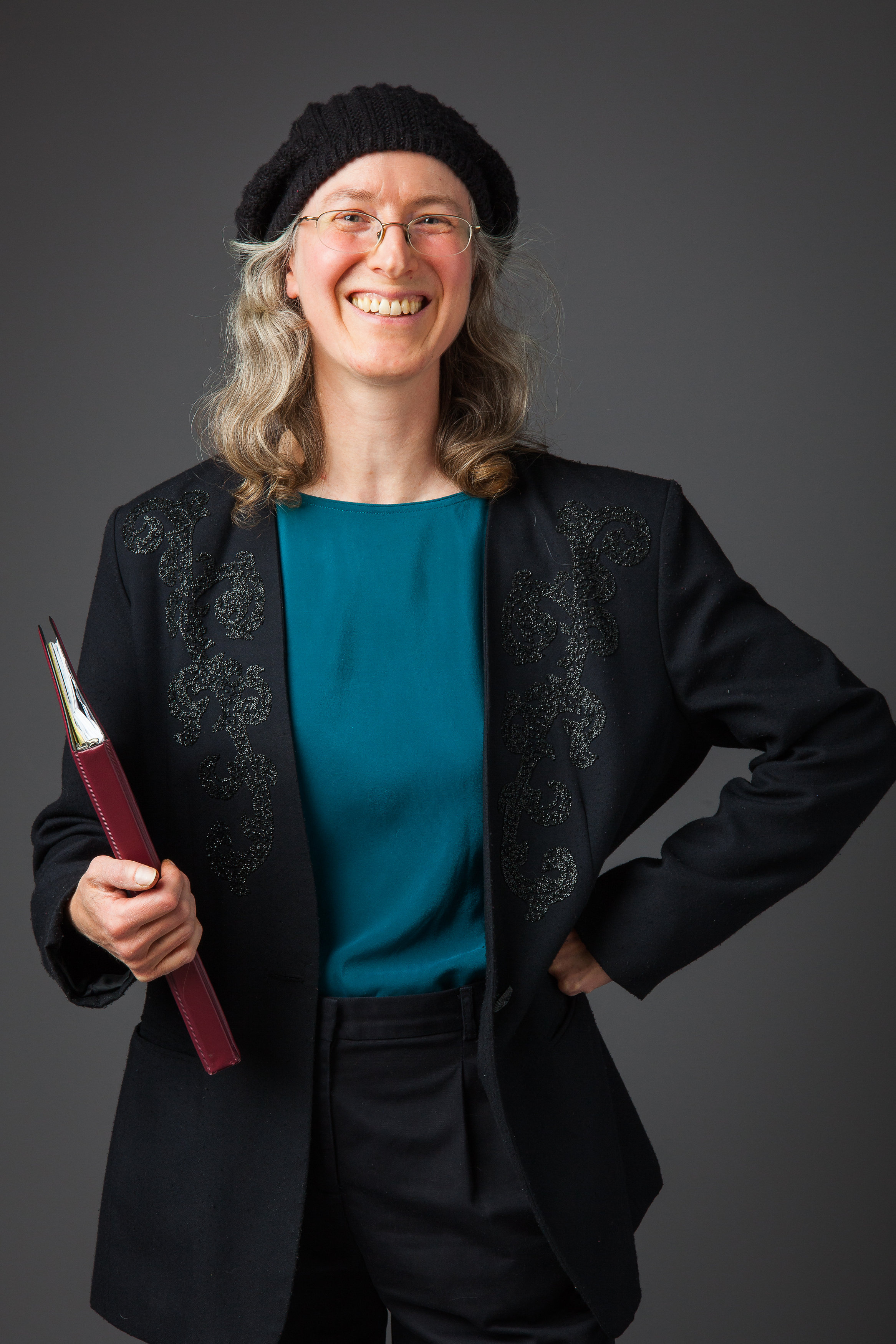
This is me, making my very best radio face! (Photo by Jamie Davis if Greenhouse Loft Photography.)
Out of the blue last week, I got a call from an internet radio producer asking if I’d like to be interviewed on the radio. Would I ever! So, I’m booked for an interview around 2:30 (Central Time) on All Business Media FM. If you can’t catch the interview live, it’ll be in their archives after a week or so. If you have the chance to listen to it, please let me know what you think!
May 3, 2018 | About me
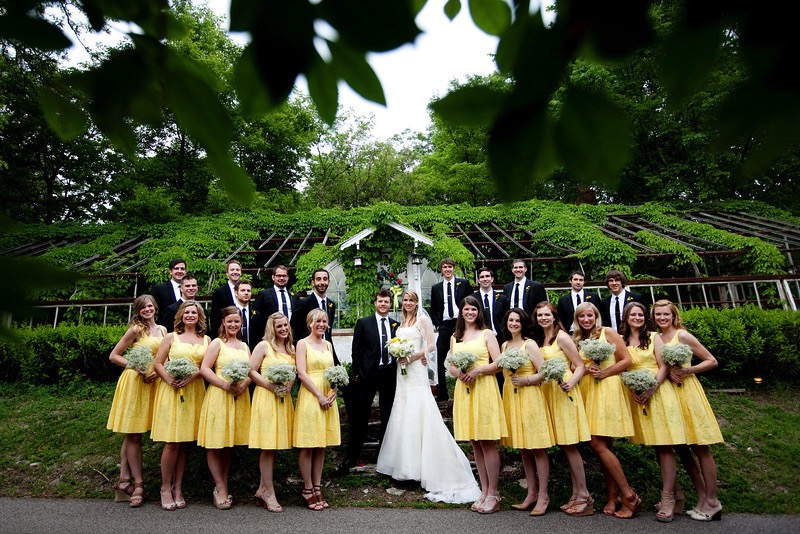
Image by theblondephotographer.com
Did you miss me? With the new website and all the back end things that needed to be worked out, I wasn’t able to post anything new on the blog for a couple of weeks. Not a lot to say right now, but I’ll be back to regular posts soon!
Apr 2, 2018 | Budget Planning

Is this what your planning notebook looks like? If you need help getting organized, hire a planner for a consultation. (Photo Courtesy of sprungphoto.com.)
Something I run into frequently with couples who are on a budget is the dilemma they face when researching vendors. They don’t have room in their budget for a wedding planner or even a coordinator, but they would benefit from a professional’s recommendations for their various wedding vendors.
I know this happens frequently, because in online forums where wedding professionals congregate, I’ll often run across a florist or a photographer asking for vendor recommendations for their clients. (After all, it’s not really a florist’s job to help their client with vendors. They provide flowers and decorations. Planners are the experts on recommending vendors.) When questioned, they always say that their clients can’t afford a planner and they just wanted to help out.
While I applaud the generous spirit of my fellow wedding vendors, I’d like to suggest an alternative. If you can’t afford to hire a planner, you can still get professional advice at a very low cost. You can hire me or just about any reputable planner for an hour or two and get the names of as many wedding vendors as you need. And this service will often cost less than $200, sometimes even less than $100, depending on what you need. You may also end up getting some good advice on planning thrown in.
Consultations are a real bargain for the quality of information you can get. I would guess that they often pay for themselves, as a good planner might save you some expensive mis-steps with their advice.
A planner is generally also an organizer, and if you just need help getting organized, an hour or two of a planner’s time might make your life much easier.
And don’t feel like it’s not worth our time. I can’t speak for all planners, but I am thrilled to help people get started on their planning journey or solve a sticky problem. It’s a good use of my time if you walk away knowing your wedding will be better because of it.
My consultation rates are still only $50 per hour, and I’ll work for as little as one hour at a time. If you think this service would be useful to you, please get in touch. It would be my privilege to help you!

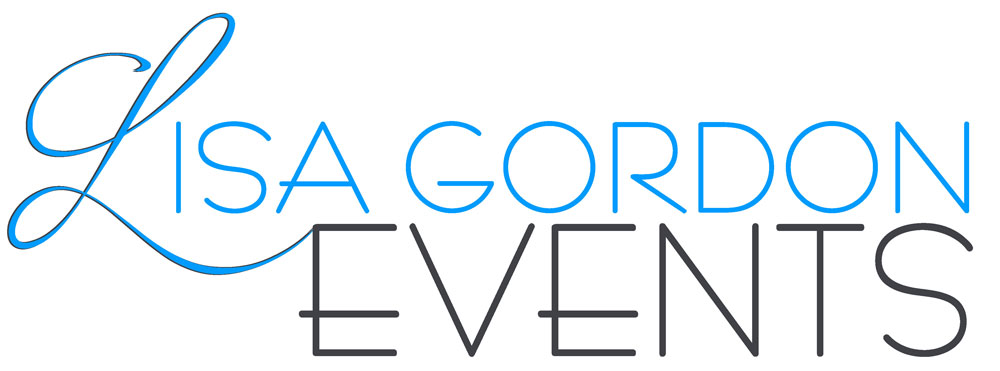




Recent Comments